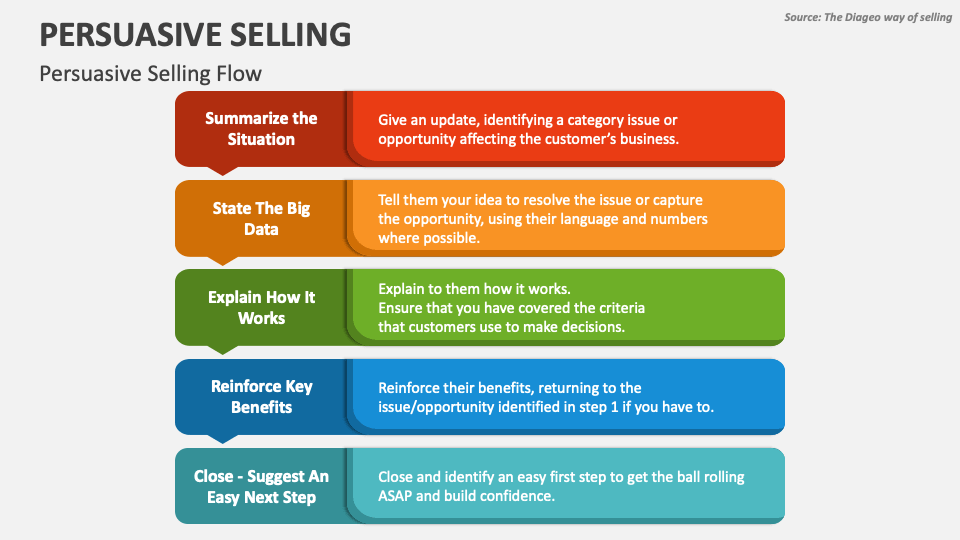How To Convince Someone To Sell Their Business
_Easy-Resize.com_Easy-Resize.com.jpg)
For entrepreneurs who've poured their heart and soul into building a successful enterprise, the idea of selling can be daunting. Convincing a business owner to relinquish control requires a delicate balance of understanding, respect, and a compelling proposition. But, with the right approach, a potential buyer can navigate these sensitive conversations and successfully negotiate a sale.
Understanding the nuances of how to convince someone to sell their business is crucial in the mergers and acquisitions (M&A) landscape. This involves more than just offering a high price; it demands empathy, strategic communication, and a tailored approach that addresses the seller's specific motivations and concerns. This article explores the strategies and considerations involved in persuading a business owner to sell.
Understanding the Seller's Perspective
Before initiating any discussions, thoroughly research the business and, if possible, the owner. Understand their motivations – are they nearing retirement, seeking new opportunities, or facing industry challenges? Knowing their priorities is the key.
What are their personal and professional aspirations for the future? Tailor your approach to align with their needs.
A study by the Small Business Administration (SBA) found that many owners are emotionally attached to their businesses, viewing them as extensions of themselves. Acknowledge this emotional connection and show respect for their legacy.
Building Trust and Rapport
Establish a genuine connection with the owner through open and honest communication. Be transparent about your intentions and the potential benefits of a sale.
Avoid high-pressure tactics or aggressive negotiations, which can damage trust and derail the process. Listen attentively to their concerns and address them thoughtfully.
Consider engaging a reputable business broker or advisor who can act as a mediator and facilitate communication.
These professionals often have experience navigating sensitive negotiations and can help bridge any gaps between the buyer and seller.
Crafting a Compelling Offer
While financial considerations are important, they are not always the primary driver for a sale. Present a comprehensive offer that addresses the seller's needs beyond just the price tag.
This might include ensuring the business's continued success, protecting the jobs of loyal employees, or preserving the company's values and culture. Clearly outline your vision for the future of the business and how it aligns with the seller's aspirations.
Highlight the opportunities for growth and expansion under your leadership, emphasizing how the sale can benefit all stakeholders. Structuring the deal creatively can also be appealing. Consider options like earnouts, where the seller receives a portion of the purchase price based on future performance, or retaining a minority stake in the business.
Addressing Concerns and Objections
Be prepared to address any concerns or objections the seller may have. This could include worries about the impact on employees, customers, or the community.
Provide concrete solutions and demonstrate your commitment to maintaining the business's positive reputation.
Offer guarantees or commitments to alleviate their fears and build confidence in your ability to successfully manage the transition.
Documented reassurances, perhaps through legal agreements, can offer significant comfort.
Maintaining Professionalism Throughout the Process
Throughout the negotiation process, maintain a high level of professionalism and respect. Be responsive to the seller's requests and promptly address any concerns that arise.
Avoid making unrealistic promises or engaging in deceptive practices, as this can damage your credibility and jeopardize the deal. Remember that building a long-term relationship with the seller is often more valuable than securing a quick sale.
A successful transaction is one where both parties feel that their needs have been met.
Convincing someone to sell their business is a multifaceted process that requires patience, understanding, and a strategic approach. By prioritizing the seller's needs, building trust, and crafting a compelling offer, buyers can increase their chances of a successful acquisition while ensuring a smooth transition for all involved.

















